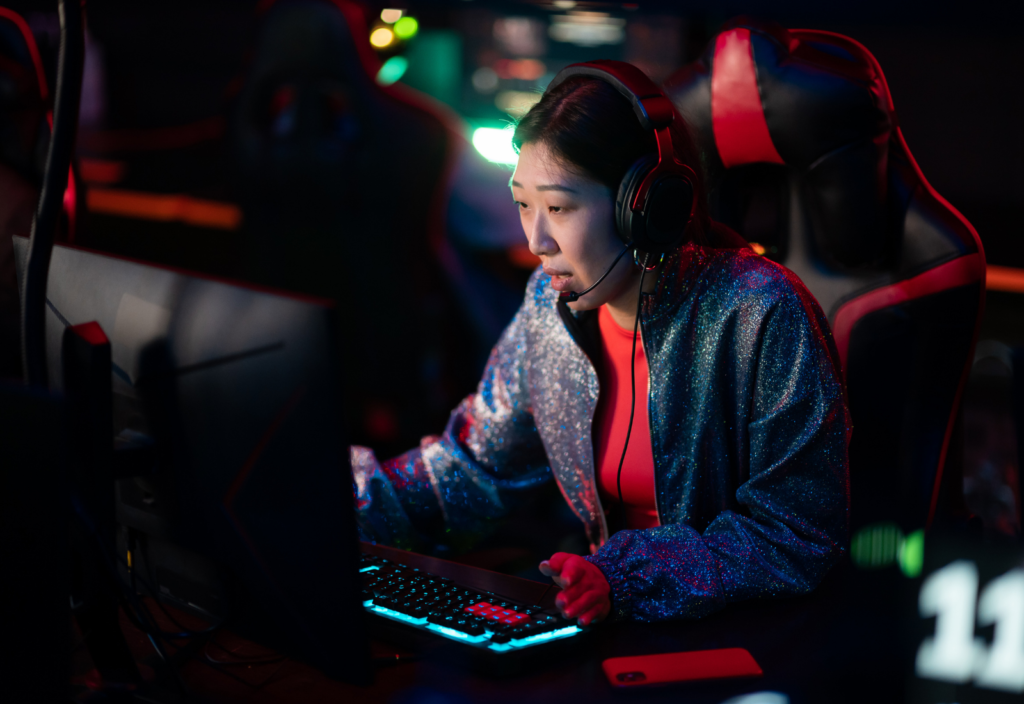Online games in China must get approval from the National Press and Publication Administration (NPPA) to be published and sold in China. See China Online Game Approval Laws. The NPPA review and approval process involves requiring that the game have a built-in addiction prevention mechanism.
In November 2019, the NPPA released a Notice on Preventing Addiction among Minors in Online Games that proposes the following measures:
1. Real name identification systems
Around 2007, China introduced a real name registration system for PC games. Under this system, game players must use their ID number to set up an account for PC games. If a player is identified as a minor, their account would be subject to various account level restrictions such as a limit on the amount of time they could play each day. However, young players often bypass these restrictions with borrowed or fake ID numbers. This Notice expanded this requirements to mobile and other online games.
This policy requires game players register with their ID number that can be checked in real time against the Ministry of Public Security’s national citizen database.
2. Gaming time limits on minors
Under China’s online gaming regulations, if a real name registration system identifies a player as a minor, the game operator must restrict the account holder is restricted to 1.5 hours per day of game time on weekdays and 3 hours per day during weekends and holidays. Game operators must also not provide gaming access to minors between 10pm and 8am.
3. Limit spending by minors within online games
Game publishers must block all payment options for players younger than 8 and players between 8 and 16 years old cannot spend more than RMB 50 on a single transaction or more than a total of RMB 200 each month on the game. The limits for players between 16 and 18 years old are RMB 100 on single transactions and RMB 400 each month.
4. Explore and implement age-based rating system
The 2019 policy requires gaming companies adopt an age rating system to provide age range guidance regarding their online games. This guidance must be in prominent places, such as on the registration and login screens.
5. Fulfill their responsibility to minors
Game publishers are required to work with parents and minors to establish healthy game behaviors through education and tools parents can utilize.
Have these measures worked? Not really. It has been a year and a half since publication of the Notice and even Xinhua Net (a Chinese government owned news agency) reports that these measures exist in name only and that the restrictions are easily circumvented. Some games allow players to play as a visitor, without registering and without being subject to time limit notifications. Some players use their parents IDs to register. Even a player that provides real name and age information and reaches the time limit for one game can (and do) easily switch to another game and keep playing.
Regardless of whether these measures are effective, they are required for online game approval and foreign developers certainly must comply with these requirements when developing games for the Chinese online gaming market.

























